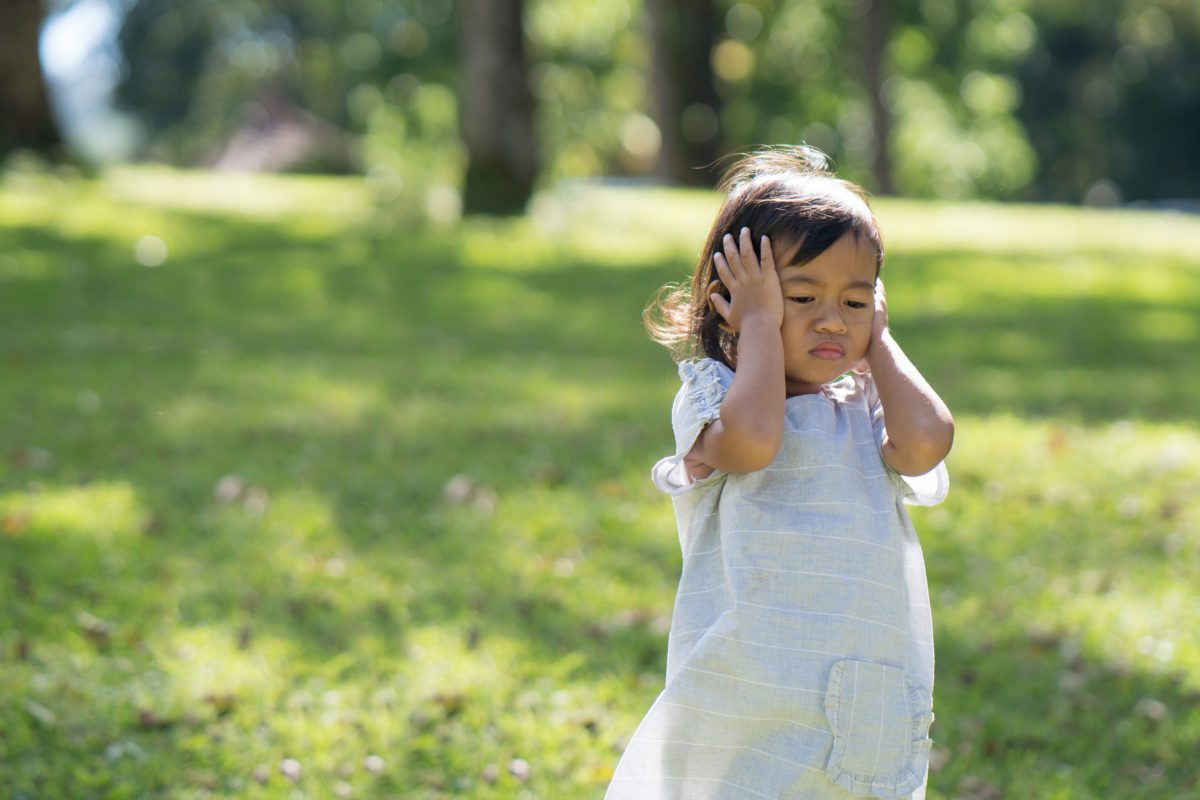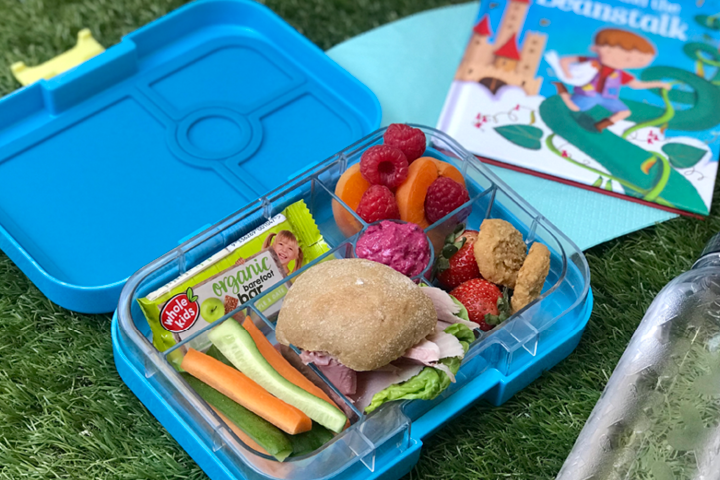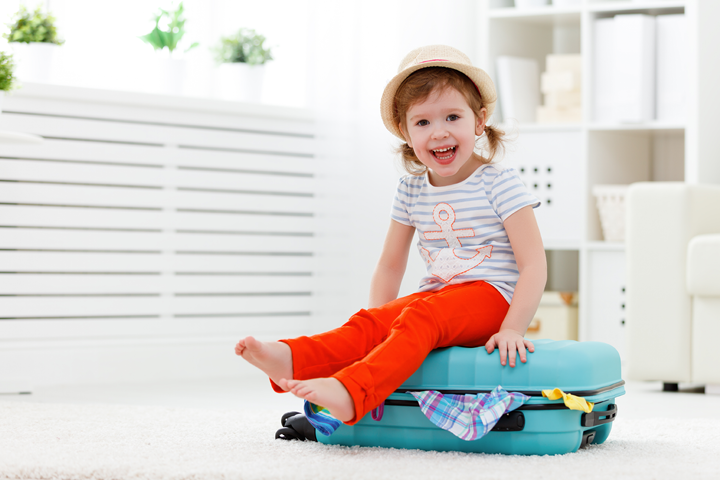When we think of the concept of ‘stress’ and ‘pressure’ we usually think of it from an adult’s perspective and what is going on in relation to our own lives eg. work, family, finances, social commitments. We should take note that children are very vulnerable to stress as well, they just may not be able to communicate it to us clearly. Stress for children can provoke uncharacteristic behaviours from what we consider ‘normal’ for that individual child. Sometimes we tend to pass these behaviours off as a ‘phase’ they are going through. We as adults need to identify these behaviours and offer support and guidance to alleviate any stress that the child might be experiencing.
It is fair to say that not all stress is harmful. Normal stress, which is universal and occurs at times of transition, such as starting school, new day care, making new friends, is a valuable form of pressure and stress providing the opportunity for learning growth and independence.
5 areas children may feel stress and pressure:
- Family changes and dynamics e.g death, divorce.
- Peer group pressure e.g social media.
- Overwhelming schedules. Sometimes children are too busy to have time to play creatively or relax after school.
- Separation anxiety (particularly younger children)
- World events, news and television.
Identifying when children are possibly under stress or have feelings of pressure:
- Change in regular sleep and eating habits. Fear at bedtime or nightmares.
- Change in emotions (showing signs of being sad, clingy, withdrawn, or angry) Becoming more socially isolated for older children.
- Increase in crying or tantrums.
- Physical symptoms, such as headaches or stomach aches
- Frequent reliance and regression with some habits such as bed wetting, hair chewing or thumb-sucking
Things you can do to alleviate the feelings of stress and pressure felt and faced by children:
Acknowledge their feelings.
It is important that children’s feelings are validated and named. Identifying the physical symptoms that present in relation to the stress they are going through is also important. Identifying the emotion and offering a more positive alternative way to express them is also helpful. Try to show more interest in their experience and emotions than the actual behaviour. Parents can help older children calm down with simply a tone of voice, supportive word and with physical touch e.g hug.
Set a good example.
Children learn lessons from us. These lessons can be positive or negative and children look to adults for guidance and examples of how pressure and stress is handled. Keep in mind that children are imitators and may cope with stress in the same ways they see adults handle their stress. Be mindful to also take care of yourself. Children pick up on stress from parents, so keep calm and control your stress levels particularly in front of them.
Promote a positive environment.
Praise children for the acceptable things that they do. The experience of stress and tension can serve to defeat an individual’s concept and confidence in themselves. You can support children to see and understand the positive things about themselves and help them to see that they are worthwhile people.
Make an effort to cut down on activities.
Allow children to go at their own paces. Over scheduling children with lots activities and rushing around from one thing to another can lead to stress and feelings of pressure.
Teach children some strategies for calming themselves.
Some examples are taking deep breaths, thinking of a quiet place, meditation, stories, quiet activities and music.
Social Media Pressure.
Talking to and teaching children appropriate social media use particularly when entering high school when social media becomes an integral way of life. Being available and open about social media is the main thing for parents. As parents you also need to be aware of what is out there and display a healthy relationship with your own online lifestyle.
Helping Your Child.
When kids can’t or won’t discuss their stressful issues, try talking about your own. When Children get the feeling that you show a willingness to solve difficult situations they will feel that you are available for them to talk to when they are ready. If you display this openness, understanding and empathy children are more likely to talk.
Remember that some level of stress and pressures of life are normal; let your kids know that it’s OK to feel angry, scared, lonely, or anxious and that other people share those feelings. Reassurance is important, so remind them that you’re confident that they can handle the situation.
About the Author:
Sarah Meldrum is an advisor to Whole Kids. A Mothercraft nurse with a Post Graduate degree in Pre and Post-natal Support, as well as a Master’s degree in Infant Mental Health. Sarah has over 30 years’ experience in family daycare, in home care, children’s protection and mother baby unit (sleep school). With two children of her own Sarah’s approach focuses mainly on developing the parent-child relationship, empowering parents and children and providing a safe and secure environment for both parents and children to thrive.












